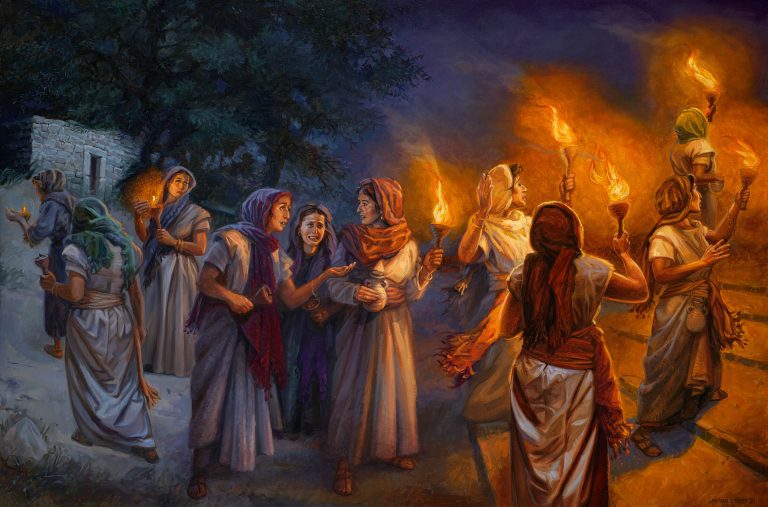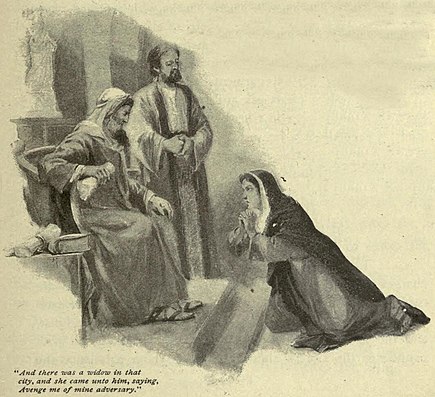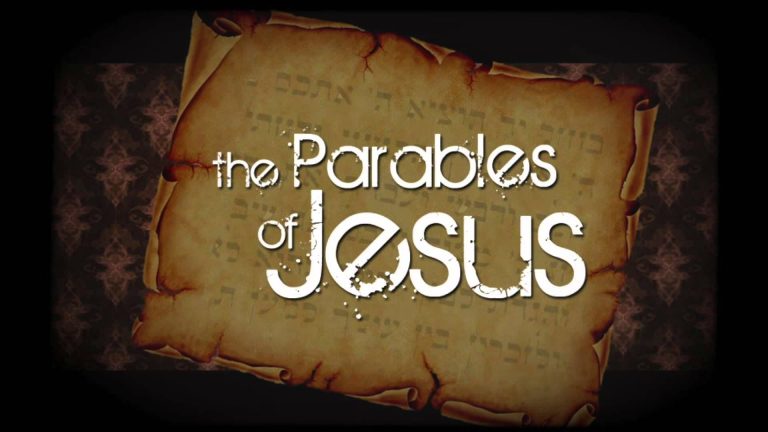
Ancient Anglican
A Modern Perspective on Early Christian Thought.
New on the Blog
The Parables – The Good Samaritan, pt.1
The men who knew and obeyed the Scriptures the best, failed to help because of their obedience. Whereas the man who was outside of the covenant people, did right.
The Parables – Parables of Women, pt.2
The same teaching of Jesus immediately precedes both parables that no one knows when the second coming will be, so we should always be ready. The parables resolve these teachings.
The Parables – Parables of Women, pt.1
Because the women were the only ones to be with Jesus both at his Crucifixion and Resurrection, we are going to begin the study with two parables concerning women. The first is the parable of the importunate unrelenting widow found in Luke 18:1-8 and the second is the parable of the ten virgins or bridesmaids found in Matthew 25:1-13.
Seven Capital Sins – Covetousness
Unlike the inordinate desires of Lust or Gluttony, Avarice is never satisfied because there is always more to gain. Greed is the insatiable sin.
The Parables – Introduction
When the very Wisdom of God came down and dwelt among us, he (unfortunately) didn’t teach as a systematic theologian, rather whenever someone would ask him a question, he would respond with “Let me tell you a story.”
Seven Capital Sins – Gluttony & Sloth, pt.2
In many ways, sloth is the other side of gluttony, since in satisfying our desires we neglect our duties to others.
Seven Capital Sins – Gluttony & Sloth, pt.1
Gluttony is the inordinate indulgence in food or drink. Sloth is the neglect of our duties.
Seven Capital Sins – Pride, pt.2
This evening we are looking at the sin of Pride and Jesus’ reparation for that sin from the cross in his quotation of Psalm 22 (“My God, my God, why have you forsaken me?).
Seven Capital Sins – Pride, pt.1
Pride is the excessive belief in one’s own abilities that interferes with the individual’s recognition of the grace of God. It is traditionally seen as the sin from which all other sins arise for in Pride we put ourselves in the place of God.
Seven Capital Sins – Lust, pt.2
Lust is defeated in sacrifice and in finding a higher love than the flesh. It is defeated in the words “Woman, behold your son . . . son, behold your mother.”
Seven Capital Sins – Lust, pt.1
Lust is the inordinate love of the pleasures of the flesh, usually, but not necessarily, of a sexual manner.
Seven Capital Sins – Envy, pt.2
Sheen contrasts the sin of envy with the virtue of the pity that the righteous thief on the cross had for Christ.




